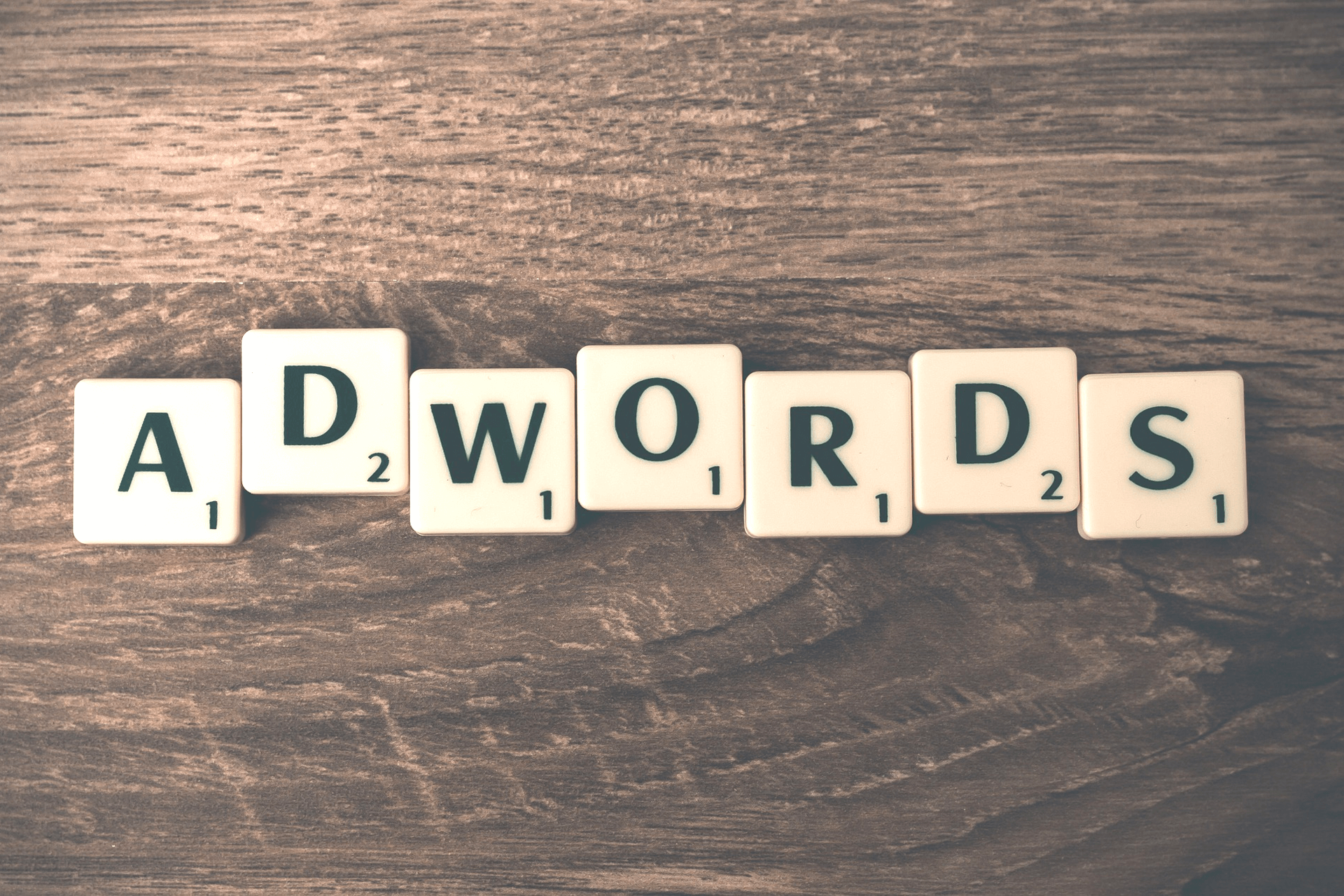
At the end of 2017, Google announced that they were going to implement some policy updates to their current AdWords Grants on January 1st, 2018. The Google Ad Grants program helps nonprofits use AdWords by providing them with search advertising grants of up to $10,000 per month. The program currently works with more than 35,000 nonprofits worldwide but these changes may reduce this number dramatically since some accounts will be shut down if they fail to stick to the new rules.

So what are these changes? How are they going to affect my organization?
If your nonprofit works with Google Ad Grants already, you may be aware of the new changes. At the end of the past year, Google sent emails to active accounts that highlighted the most important changes and included a link to their policy page. However, you may not have read the whole document containing all the changes and consequently, you are not fully aware of what these changes mean.
If your organization doesn’t work with Google Ad Grants yet, this is a great way to start. We can tell you what’s going on right now so you can go one step forward and optimize your campaign to those new rules form the beginning.
Lift of the $2.00 bid cap on Maximize Conversions
We will start with the good news. Even though most of the changes can make nonprofits struggle to keep or get the grant, this change is good. Google eliminated the $2 bid cap when using Maximize Conversions bid strategy. Maximize conversions bidding is an AdWords bidding strategy that automatically sets the optimum CPC bid to help you get the most conversions while also making sure your nonprofit spends its budget appropriately.
The $2.00 CPC cap has been a barrier to nonprofits in the Google AdWords Grant program for years, as prices for keywords have raised considerably. This new feature will allow nonprofits to bid for more expensive long- tail keywords, which they couldn’t before, so they can reach the desired audience and increase their CTR.
5 percent click-through rate (CTR)
The biggest update is that Google Ad Grants program now requires accounts to maintain a minimum 5 percent click-through rate in order to keep their grants. This means that accounts that fail to maintain an average of 5 percent CTR for two consecutive months will be suspended. According to Community Boost, most Ad Grants accounts typically have a 1.5% to 4% click-through rate. This new requirement will dramatically impact nonprofits’ capability to receive and keep their grants from Google.
What can you do then?
At this point, the only thing you can do is to focus on optimizing your campaigns to increase your organization’s CTR as much as possible. These are some ways you can raise your CTR:
- Put your main keyword in the URL of your ad.
- Avoid targeting single-word keywords.
- Remove generic and low-quality keywords.
- Remove keywords that are targeting competitors.
- Focus on long-tail keywords with high-quality scores.
- Include calls to action.
Other Google Ad Grants Policy Changes
Although the above are the most important changes implemented on the Google Ad Grants program, there were other minor updates you should be aware of:
- Non-profits cannot bid on branded keywords they don’t own.
- Keywords must have quality scores of 3 or higher.
- Campaigns must have at least two active ad groups containing at least two text ads running in each.
- Accounts must also have at least two site link extensions active.
- Geo-targeting must be active.
Managing your Ad Grants account may be a little bit harder now that Google introduced stricter requirements that could jeopardize your account. However, looking on the bright side, these updates will push you to create more cost-effective and high-quality campaign. Now, it will be more likely to reach your desired audience and therefore bring more potential supporters and volunteers to your site.

